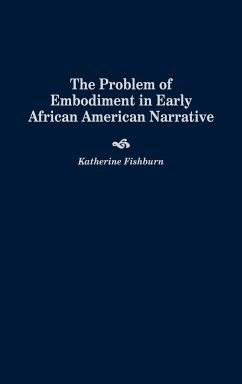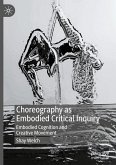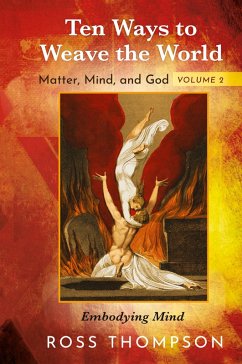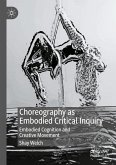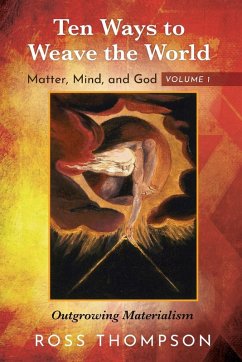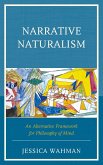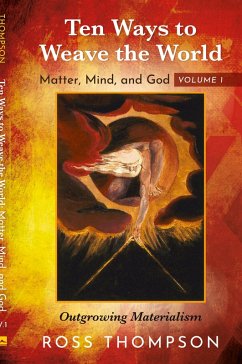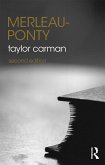Offering a revolutionary way of reading 19th-century slave narratives, Fishburn seeks to recover the philosophical foundations of African American literature. Underlying slave narrative is an expression of the problem of physical embodiment; that is, the dualistic thinking of the mind-body division. Fishburn's work uncovers the tension between needing to acknowledge the fact of human embodiment and wishing to overcome its consequences in a racist society. One of the strongest points made by this pioneering work is the controversial claim that these slave narratives offer one of the most telling, if largely overlooked, pre-Heideggerian critiques of liberal humanism ever attempted in the West.
Hinweis: Dieser Artikel kann nur an eine deutsche Lieferadresse ausgeliefert werden.
Hinweis: Dieser Artikel kann nur an eine deutsche Lieferadresse ausgeliefert werden.

